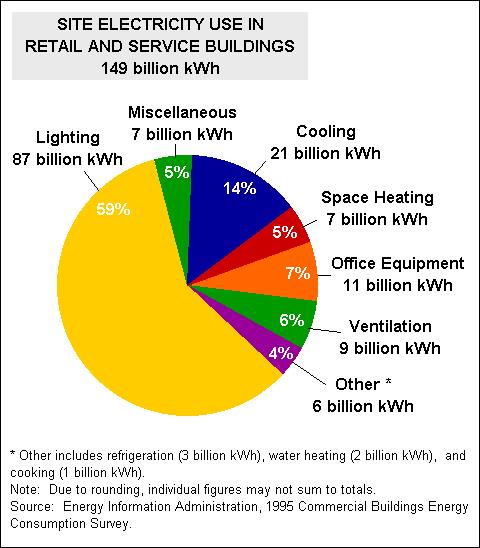T12 vs T8 vs T5 ... Are We Playing Bingo?
But of Course, Bingo doesn't have the T, so we must be talking about lighting.
While the T has no place on bingo night with our grandparents, the old T12 lighting will have no part in the discussion of energy efficiency or even fluorescent lighting in general.
The old T12 technology is likely what it lighting the bingo hall right now! (.....someone needs to talk to them about efficiency!)
But just like the old bingo halls, T-12's are disappearing. After 2012, they will no longer be manufactured. In fact, most of the utility rebate programs are eliminating the incentives for T-12 replacement very soon. So....what do you do now?
Understanding The "T"?
Quite simply, "T" is the diameter of the tube in the lamp. A T12 bulb will have a diameter of 12/8". (1 1/2" for those of you who prefer the simplest form) That would then make the T8 smaller, and the T5 smaller yet. Typically the more narrow the lamp, the more efficient it will be.
So We have:
- T12 = old and inefficient
- T8 = higher efficiency
- T5 = highest
Is There A Cost Difference Between T5 vs. T8?
Here is the cost breakdown between T5 and T8 assuming we are talking about the standard 4 foot lamp:
- T8 = $3.00 - $5.00
- T5 = $5.50 - $12.00
All lamps have a general life expectancy of around 36,000 hrs. at 12 hrs. per day burn time.
T5 costs significantly more than T8 but does not outperform it by the same margin. In fact, in many low level interior applications, the performance differences are negligible.
In Comparison to the T12:
This isn't really relevant unless you are stocking up on the old T-12 bulbs, you may want to take the cost comparison into consideration. As the manufacturing of the bulbs cease, the cost of T12 bulbs will continue to increase due to declining supply.
- T8 = roughly 20% more expensive than T12
- T5 = 2-3 times the cost of T8
Comparing "Brightness" T8 vs. T5
The Department of Energy calls it "Brightness" (as does my 6 year old) but it is actually lumen output. This, among other factors is an important part of determining different levels of efficiency.
Two characteristics of light that we like to look at are Quality and Quantity. They are measured as follows:
- Quality: CRI = Color Rendering Index
- Quantity: LPW = Lumen's per Watt
So, what is the best light to use if the ceiling is lower than 12'?
Here's an average scenario:
CRI Levels:
T12=62 CRI
T8=85 CRI
T5=85 CRI
LPW Levels:
T12=78 LPW
T8=90 LPW
T5=99 LPW
In this scenario, the T5 would be the exact same quality and the increase in quantity would be insignificant. It would not be worth the money to invest in the T5 lighting when you consider having to replace the fixture, lamp and ballast.
Where SHOULD We Use The T5 Then?
As you can see in the above scenario, it is not always recommended that you switch from T8 to T5, but if you have the old T12 and must replace them with something, it would be best to go with the T5.
Learn More About Energy Efficient Solutions For Your Business
Knowing what energy efficient technology makes the most sense for your facility can be an overwhelming task to figure out. You may think, "but it's just not worth it!".
You may be right, but how will you ever know without doing some research and planning?
We created a to help you understand the benefits of an energy efficient solution for your business. Download by clicking on the book cover below, it's FREE:
Other Articles Related To Fluorescent Lighting You Might Like:
T5 Lighting: 5 Reasons Why T5 Lighting Puts T12 Lighting In The Dark
T5 vs. T8: How Do You Know If You Really Need T5 Lighting?
T8 vs. T5: How To Determine Which Light Is The Right Light
T8 Lighting: Energy Efficient Applications And Uses For T8 Fixtures
Energy Efficient Solutions: How To Transform Existing T12 To T8

